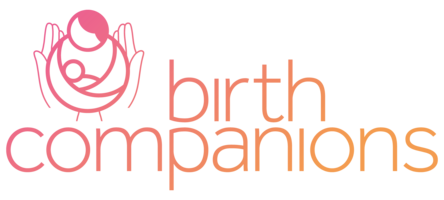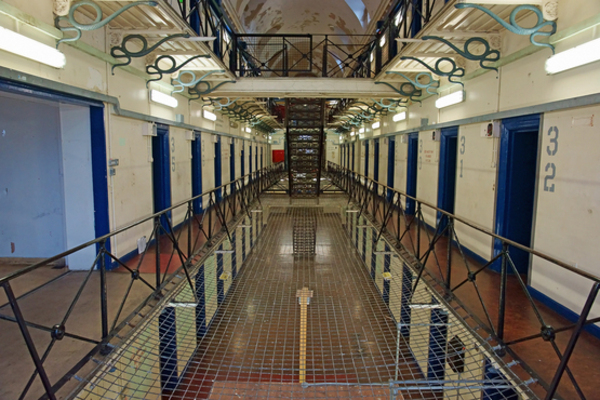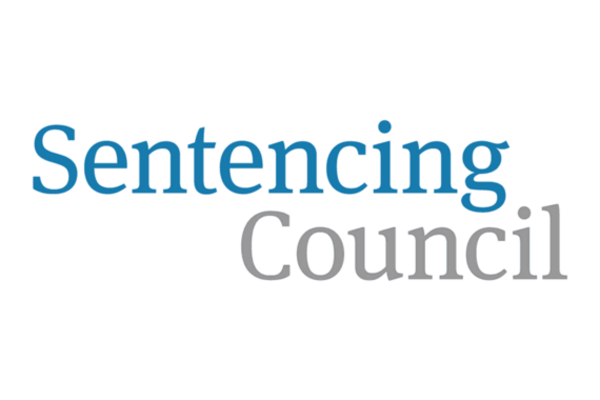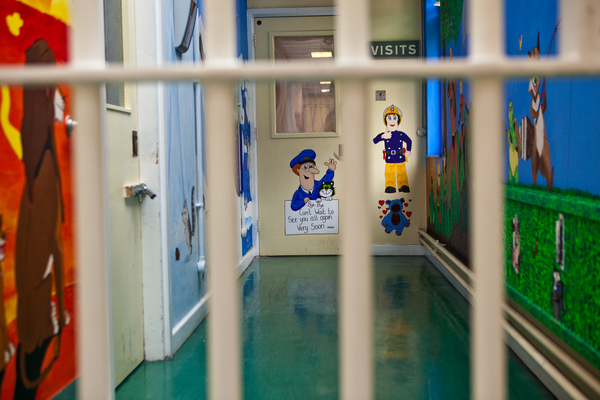Birth Companions welcomes the publication of the new MoJ/ HMPPS policy framework on pregnancy, mother and baby units (MBUs) and maternal separation from children up to the age of two in women’s prisons.
This set of mandatory requirements relating to the care of pregnant women and mothers in the prison system is the first of its kind and, along with the accompanying operational guidance, represents a major step forward in efforts to improve women’s experiences and outcomes. Such a commitment to recognising and responding to the needs of these women and their babies is particularly welcome as we mark 25 years since Birth Companions first began supporting pregnant women and mothers in HMP Holloway. It comes far later than it should have done, but to have got there in the end is nonetheless something to celebrate.
We would like to take this opportunity to thank the HMPPS Women’s Team for engaging with Birth Companions throughout the development of this framework; for linking the framework to the principles of our Birth Charter; and most crucially for agreeing to widen the scope of the framework beyond the initial, planned focus on MBUs. The fact that we now have the first mandatory requirements relating to pregnancy, pregnancy outcomes (ectopic pregnancy, abortion, miscarriage, stillbirth, neonatal death, birth and the postpartum period) and maternal separation means the full range of experiences, needs and risks faced by women, and the entirety of the critical first 1001 days in a child’s life, are considered. This offers a real prospect for change across the estate.
Having taken this vital step, the focus now needs to be on ensuring policy translates into practice, embedding the guidance and investing time and energy in implementation in every prison. This will not be easy in a system that was at breaking point before the pandemic, and is now reeling from the effects of a prison regime that has seen women confined to their cells for 23 or more hours a day, with self-harm rates at an all-time high.
We are looking forward to working with HMPPS and with individual prisons to support the training and development associated with the framework, and to supporting the new Pregnancy and Mother and Baby Unit Liaison Officers (PMBLOs) across the estate. We will also be glad to take a seat at the new National Advisory Forum to support improved monitoring and greater scrutiny of issues relating to pregnancy and motherhood across the women’s prison system.
All this work will be dependent to a large degree on improvements to data collection. It is vital that all those seeking to support this framework are able to know how many pregnant women and mothers of infants pass through the system each year, and what happens to them while they are there. As the tragic deaths of two babies in prison in recent years have shown, the risks to health, wellbeing, and indeed to life are high, and so transparency and accountability must be equally high.
While we welcome this publication, and recognise the opportunities it brings, we must not stop at improving care inside prison walls. Work to reduce the number of women entering the prison system, through sentencing, remand or recall, must continue and redouble. The government has made this commitment itself, in the Female Offender Strategy and the Concordat on women in or at risk of contact with the criminal justice system. And yet efforts to ensure the drivers of women’s offending are dealt with in the community are undermined by the same government’s recent announcement of 500 new women’s prison places.
Evidence shows that the root causes of women’s offending are best addressed in the community, where women’s experiences of trauma, abuse, mental ill health, poverty and substance misuse can be identified and responded to by specialist services. So as well as improving the care and support for those entering prison, we need to bring those numbers down while also investing in a similar focus on the needs associated with pregnancy and motherhood for those serving community sentences, those on bail, and those who are under probation supervision after leaving prison. As our recent research with Clinks [A Window of Opportunity] shows, there is still much more to be done on both sides of the prison gates.
Find out more about Birth Companions’ impact over the last 25 years.





